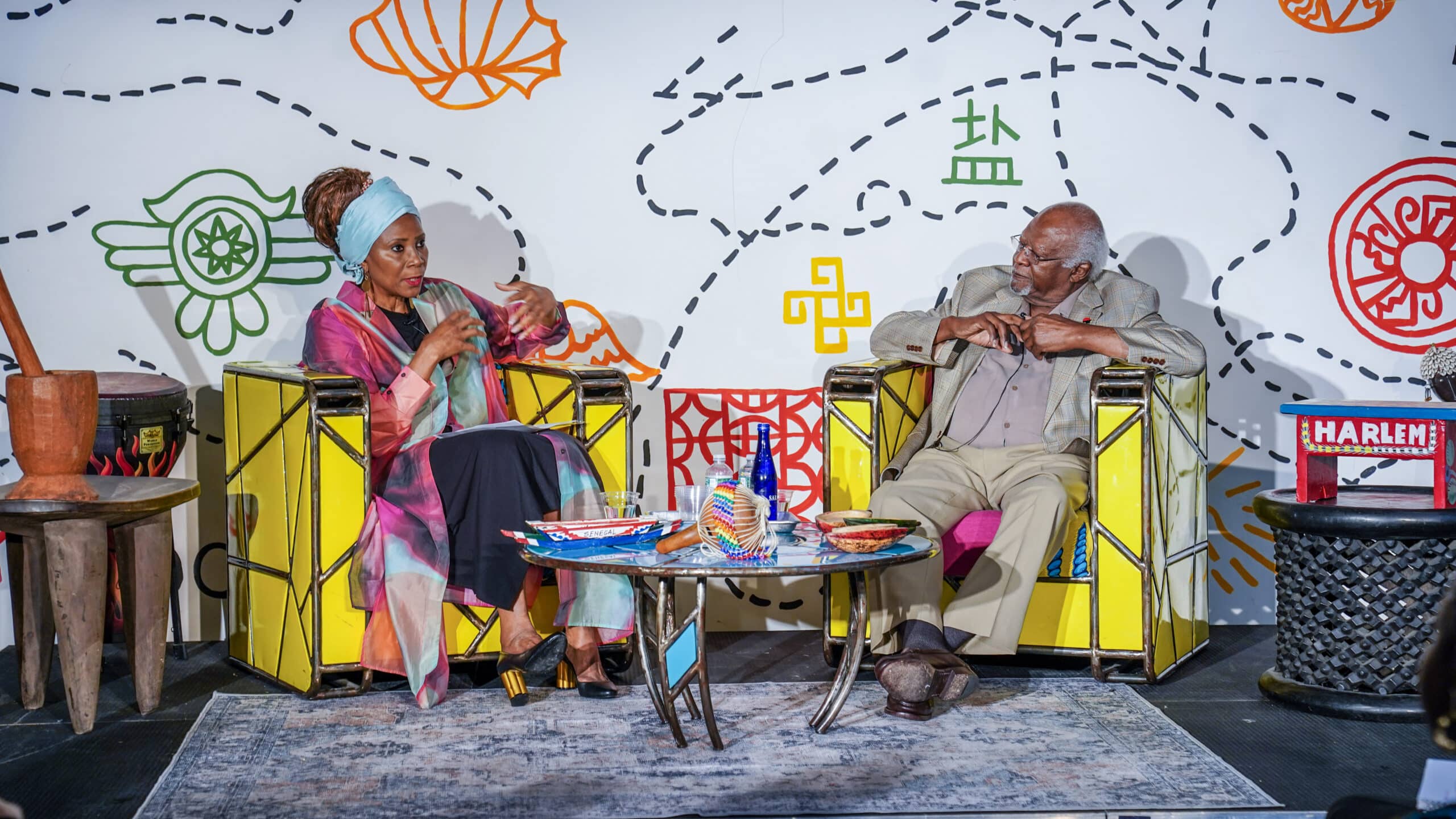Strengthening Ties: UN and African Union Collaboration

At the recent African Union Summit in Addis Ababa, UN Secretary-General António Guterres delivered a powerful address emphasizing the importance of collaboration between the United Nations and the African Union. He acknowledged the leadership of President Mohamed Ould Ghazouani and welcomed the new President of the African Union, João Lourenço. Guterres expressed gratitude to Moussa Faki, the Chairperson of the African Union Commission, for his unwavering commitment to multilateralism. The Secretary-General highlighted the potential of Africa, characterized by its youthful population and economic opportunities, particularly through the African Continental Free Trade Area. However, he also addressed the pressing issues stemming from colonialism and the need for reparatory justice. Guterres’s remarks set the stage for a renewed partnership aimed at addressing Africa’s challenges and harnessing its potential.
Addressing Historical Injustices
Guterres underscored the profound impact of colonialism and the trans-Atlantic slave trade on Africa. He pointed out that these injustices have left lasting scars on the continent and its people. The Secretary-General emphasized that political independence alone did not free African nations from the exploitative structures established during colonial rule. He called for reparatory justice frameworks to address these historical wrongs.
Moreover, Guterres highlighted the lack of permanent representation for Africa in the United Nations Security Council, a situation he deemed unacceptable in the 21st century. He pledged to work with the African Union and member states to rectify this imbalance. The Secretary-General stressed that correcting these age-old injustices is crucial for tackling current challenges. He noted the importance of the Pact for the Future, which aims to drive progress and ensure Africa’s voice is heard on the global stage. Guterres’s commitment to justice and representation reflects a broader understanding of the need for equitable global governance.
Urgent Calls for Peace and Security
In his address, Guterres highlighted the urgent need for peace and security in Africa, particularly in regions like Sudan and the Democratic Republic of the Congo (DRC). He described the humanitarian crisis in Sudan, where conflict has led to massive displacement and famine. The Secretary-General called for an immediate cessation of hostilities and urged the international community to halt the flow of weapons that fuel violence.
In the DRC, Guterres expressed concern over the ongoing violence in South Kivu, exacerbated by the M23 offensive. He emphasized that there is no military solution to the conflict and called for dialogue to resolve the deadlock. The Secretary-General welcomed the conclusions of the recent East African Community and Southern African Development Community summit, which advocated for a ceasefire and renewed regional efforts. He reiterated the UN’s commitment to support peace initiatives, including the United Nations Organization Stabilization Mission in the DRC.
Guterres also addressed the threat of terrorism in the Sahel and the need for predictable funding for the African Union Support and Stabilization Mission in Somalia. His remarks underscored the interconnectedness of security challenges across the continent and the necessity for a unified response.
Climate Crisis and Sustainable Development
The climate crisis emerged as a significant theme in Guterres’s address. He pointed out that Africa is disproportionately affected by climate disasters, despite contributing minimally to the global crisis. The Secretary-General called for increased investment in adaptation and emphasized the need for developed countries to double their adaptation finance commitments. He highlighted the importance of the Loss and Damage Fund, urging countries to enhance their contributions to support developing nations in adapting to climate change.
Guterres also recognized Africa’s potential as a global clean energy powerhouse. However, he noted that the continent currently receives only 2% of global renewable energy investments. To realize this potential, he called for access to affordable finance and the implementation of the COP29 finance decision. The Secretary-General stressed that climate justice requires significant investment in adaptation, with the international community bearing a substantial responsibility.
Additionally, Guterres addressed the need for justice regarding Africa’s abundant critical minerals. He pointed out that African countries often see their resources exploited while they remain at the bottom of global value chains. The UN’s Panel on Critical Energy Transition Minerals aims to ensure that Africa’s resources benefit its people, promoting sustainability and human rights across the value chain.
Harnessing Technology for Development
In his concluding remarks, Guterres emphasized the importance of technology, particularly artificial intelligence (AI), in driving Africa’s development. He noted that nearly two-thirds of Africans lack reliable internet access, which hinders progress. The Secretary-General called for a historic responsibility to ensure that AI benefits all, not just a privileged few.
He highlighted the Global Digital Compact’s alignment with the African Digital Compact, which aims for universal connectivity and responsible AI governance. Guterres announced plans to present a report on innovative financing models and capacity-building initiatives to help the global South harness AI for the greater good.
The Secretary-General’s vision for a united effort between the UN and the African Union reflects a commitment to leaving no one behind. He urged all stakeholders to transform commitments into reality, reinforcing the idea that Africa’s future is bright and full of potential. Together, the UN and the African Union can work towards a more just, equitable, and prosperous continent.
Observer Voice is the one stop site for National, International news, Sports, Editor’s Choice, Art/culture contents, Quotes and much more. We also cover historical contents. Historical contents includes World History, Indian History, and what happened today. The website also covers Entertainment across the India and World.
Follow Us on Twitter, Instagram, Facebook, & LinkedIn

